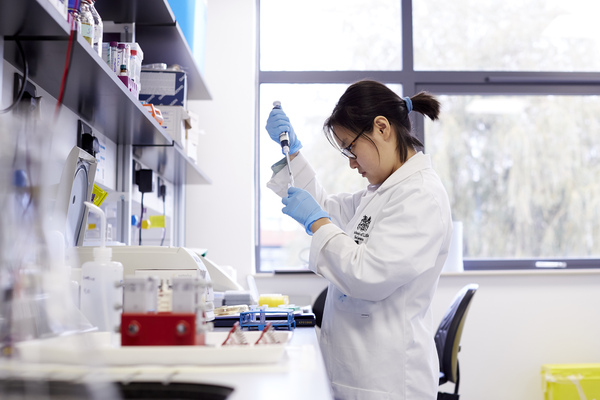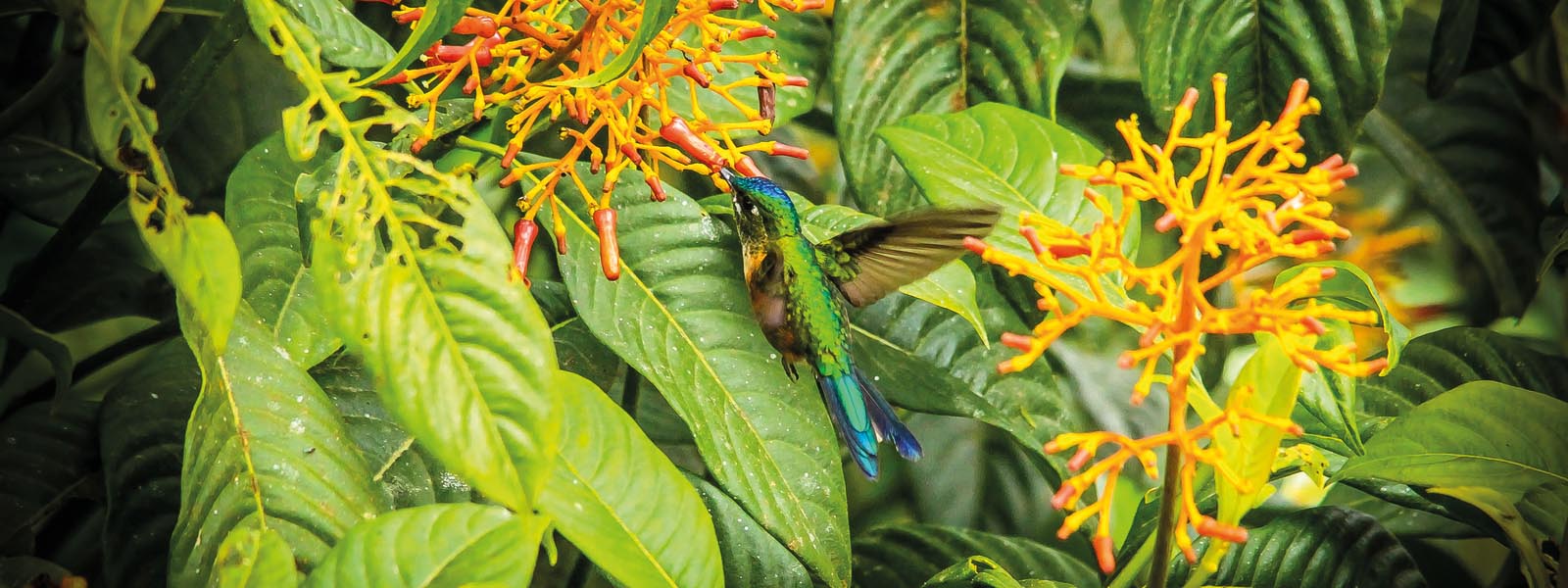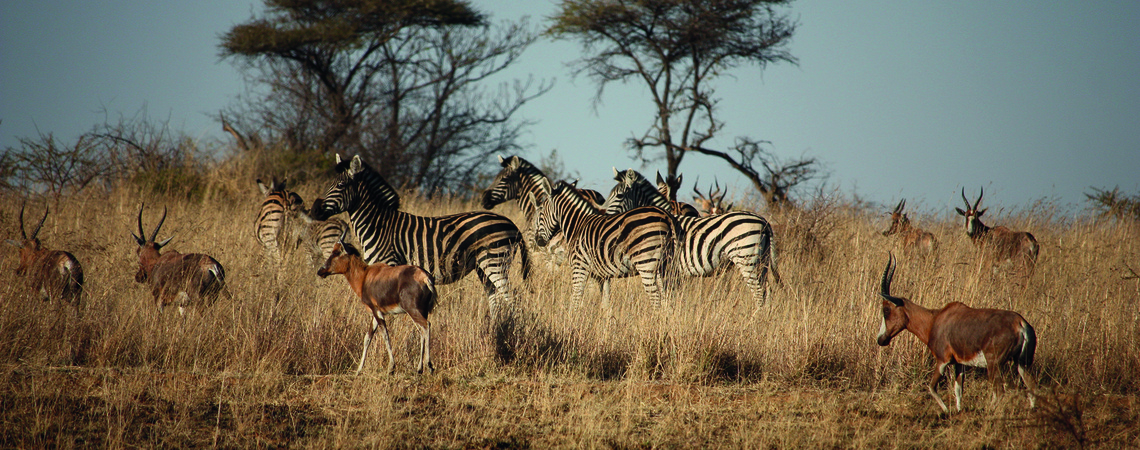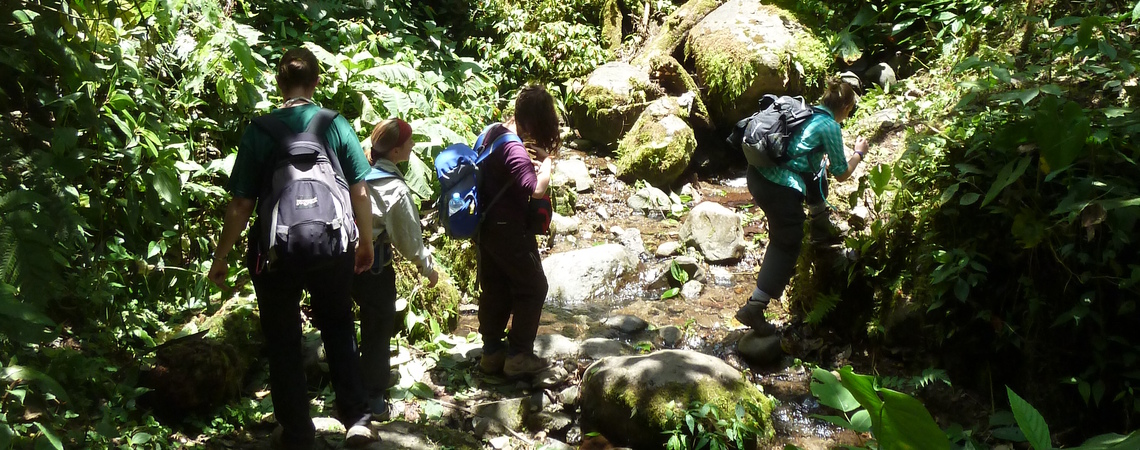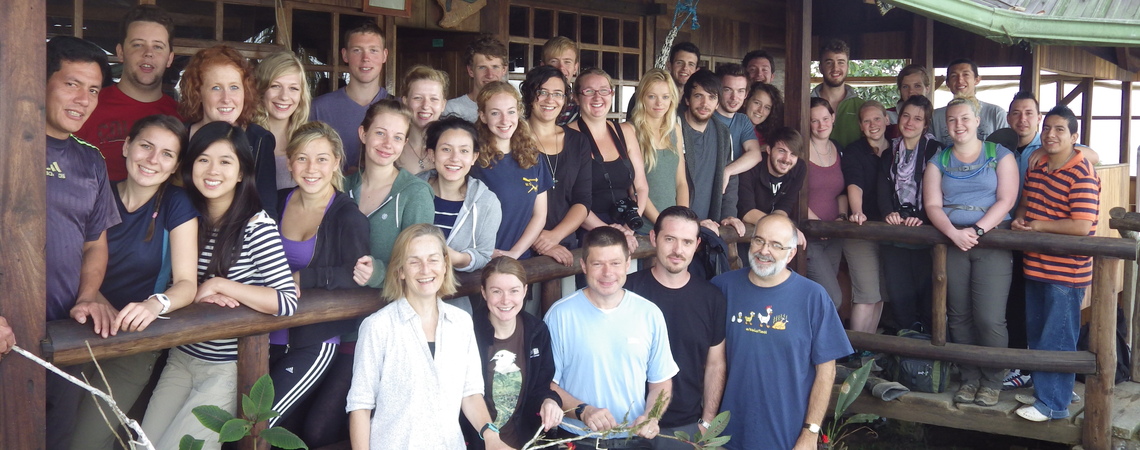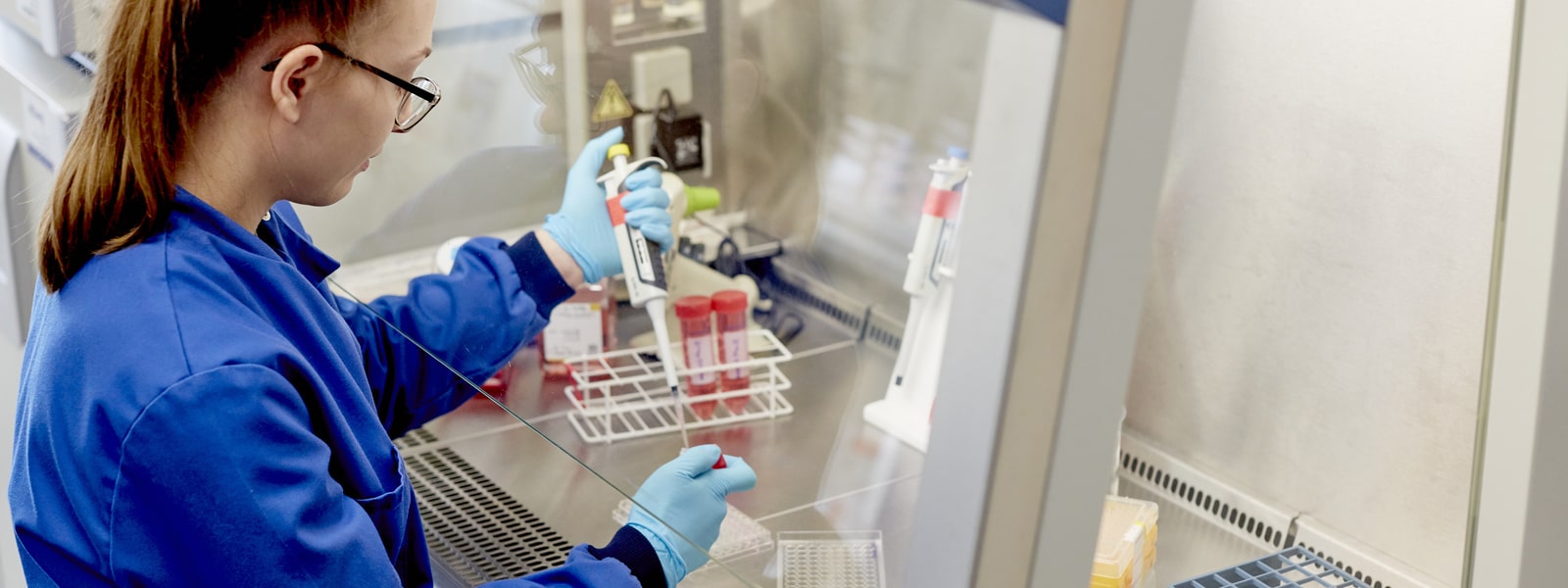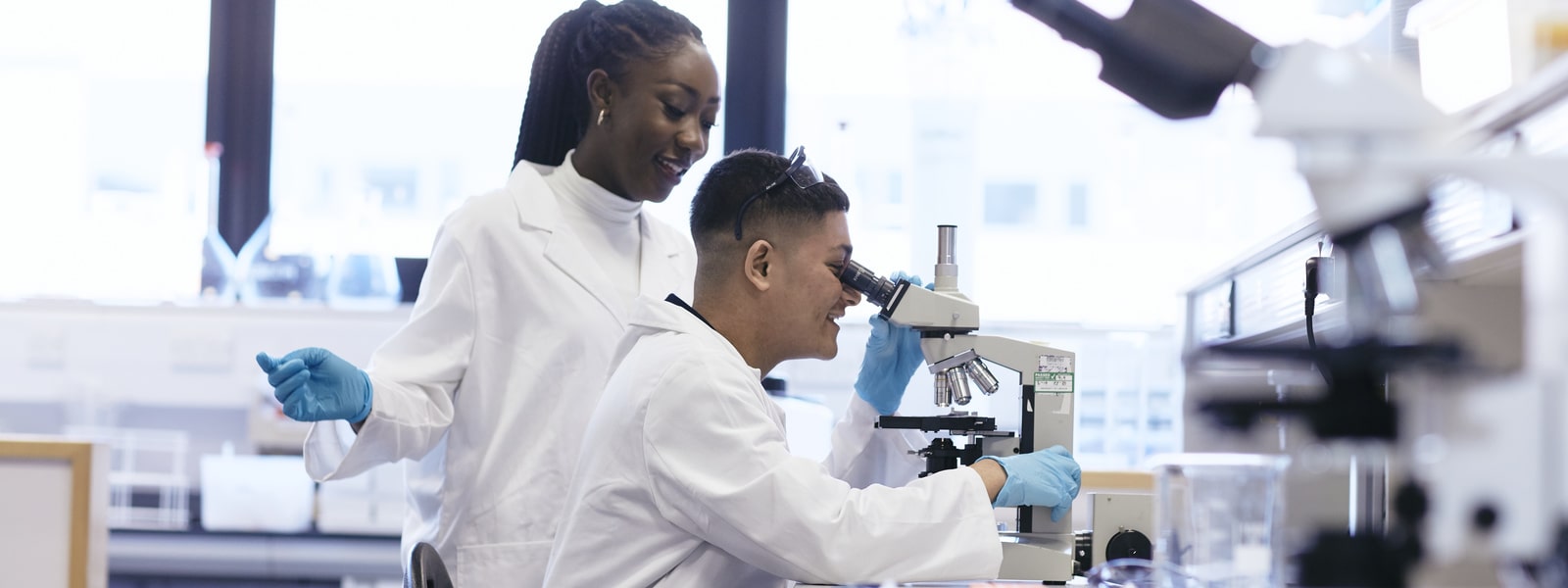United Kingdom
104 UCAS Tariff points from a minimum of 2 A Levels to include 40 points from Biology or Chemistry.
International Baccalaureate: Pass Diploma from a minimum of 2 Higher Level subjects to include a Higher Level 5 in Biology or Chemistry.
BTEC Extended Diploma in Applied Science*: Distinction, Merit, Merit or equivalent.
*not all modules are accepted. Please contact our Admissions team for further information (admissions@lincoln.ac.uk).
BTEC Diploma Applied Science acceptable with other qualifications. Please contact our Admissions team for further information (admissions@lincoln.ac.uk).
T Level in Science accepted. Health or Health Science are not accepted: Merit
Access to Higher Education Diploma: 45 Level 3 credits with a minimum of 104 UCAS Tariff points, including 40 points from 15 credits in Biology or Chemistry.
Applicants will also need at least three GCSEs at grade 4 or above, which must include English, Maths and Science. Equivalent Level 2 qualifications may also be considered.
The University accepts a wide range of qualifications as the basis for entry and do accept a combination of qualifications which may include A Levels, BTECs, EPQ etc.
We will also consider applicants with extensive and relevant work experience and will give special individual consideration to those who do not meet the standard entry qualifications.
International
Non UK Qualifications:
If you have studied outside of the UK, and are unsure whether your qualification meets the above requirements, please visit our country pages for information on equivalent qualifications.
https://www.lincoln.ac.uk/studywithus/internationalstudents/entryrequirementsandyourcountry/
EU and Overseas students will be required to demonstrate English language proficiency equivalent to IELTS 6.0 overall, with a minimum of 5.5 in each element. For information regarding other English language qualifications we accept, please visit the English Requirements page.
https://www.lincoln.ac.uk/studywithus/internationalstudents/englishlanguagerequirementsandsupport/englishlanguagerequirements/
If you do not meet the above IELTS requirements, you may be able to take part in one of our Pre-sessional English and Academic Study Skills courses.
ttps://www.lincoln.ac.uk/home/studywithus/internationalstudents/englishlanguagerequirementsandsupport/pre-sessionalenglishandacademicstudyskills/
